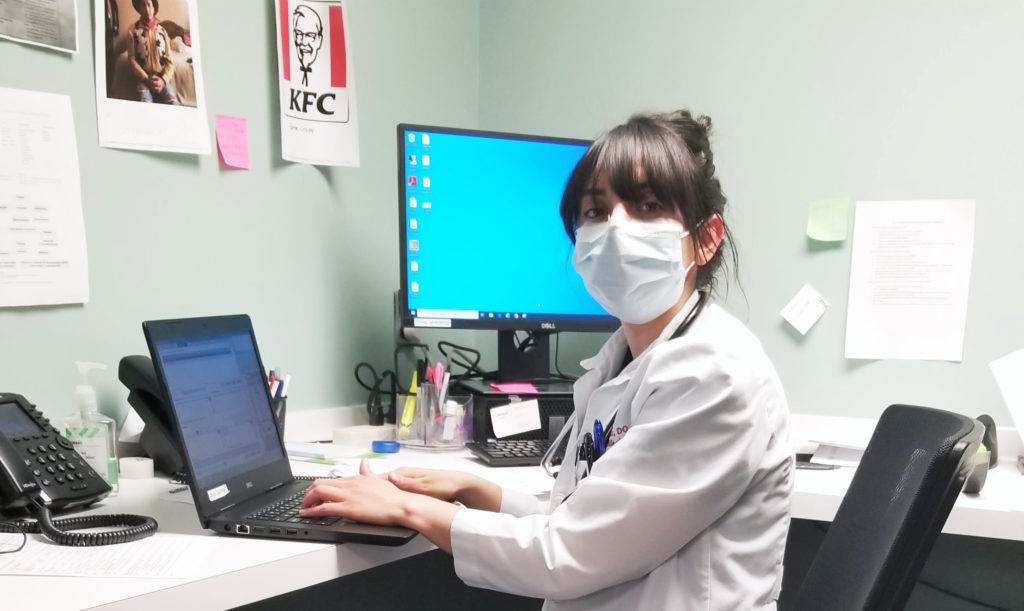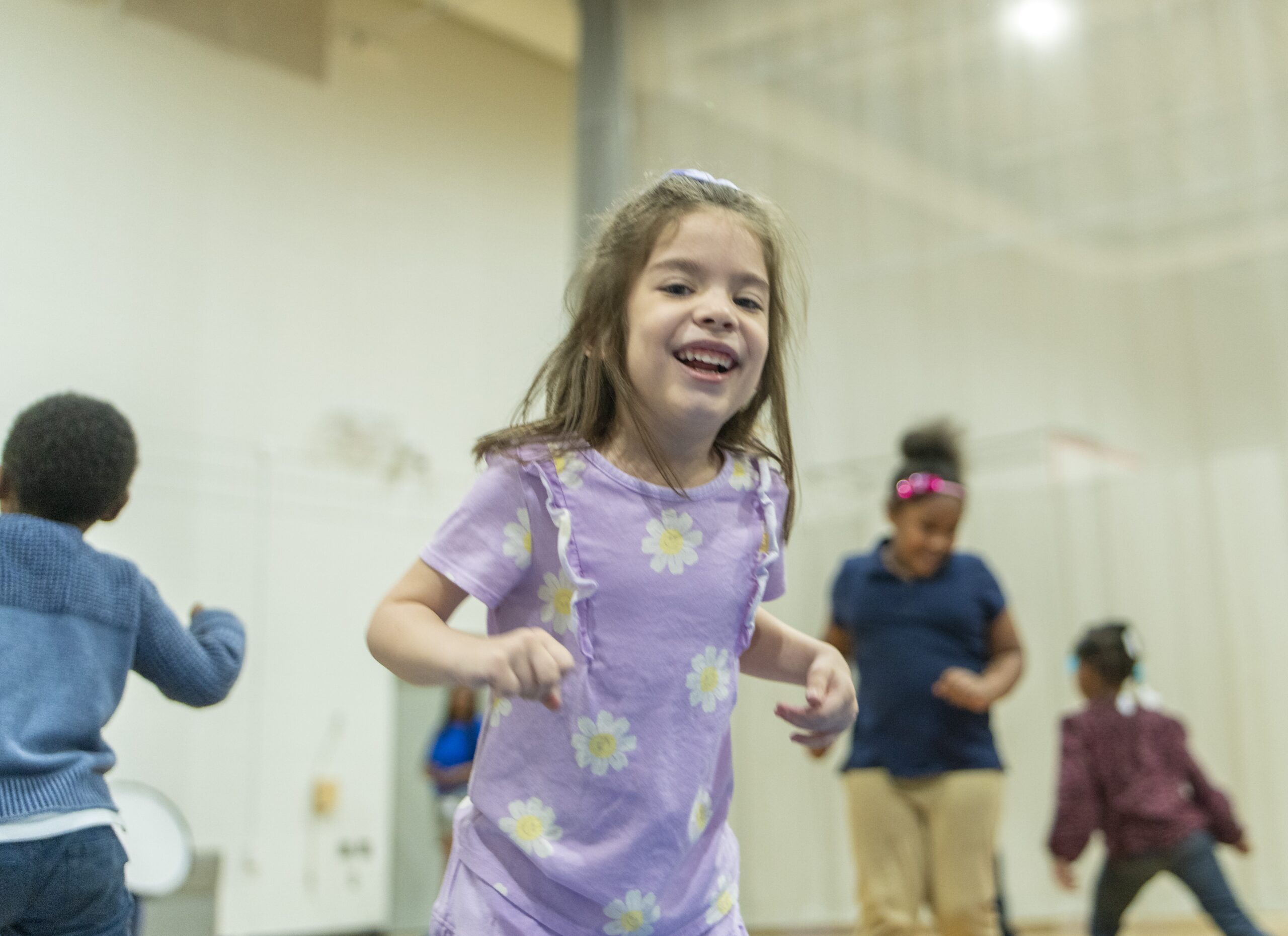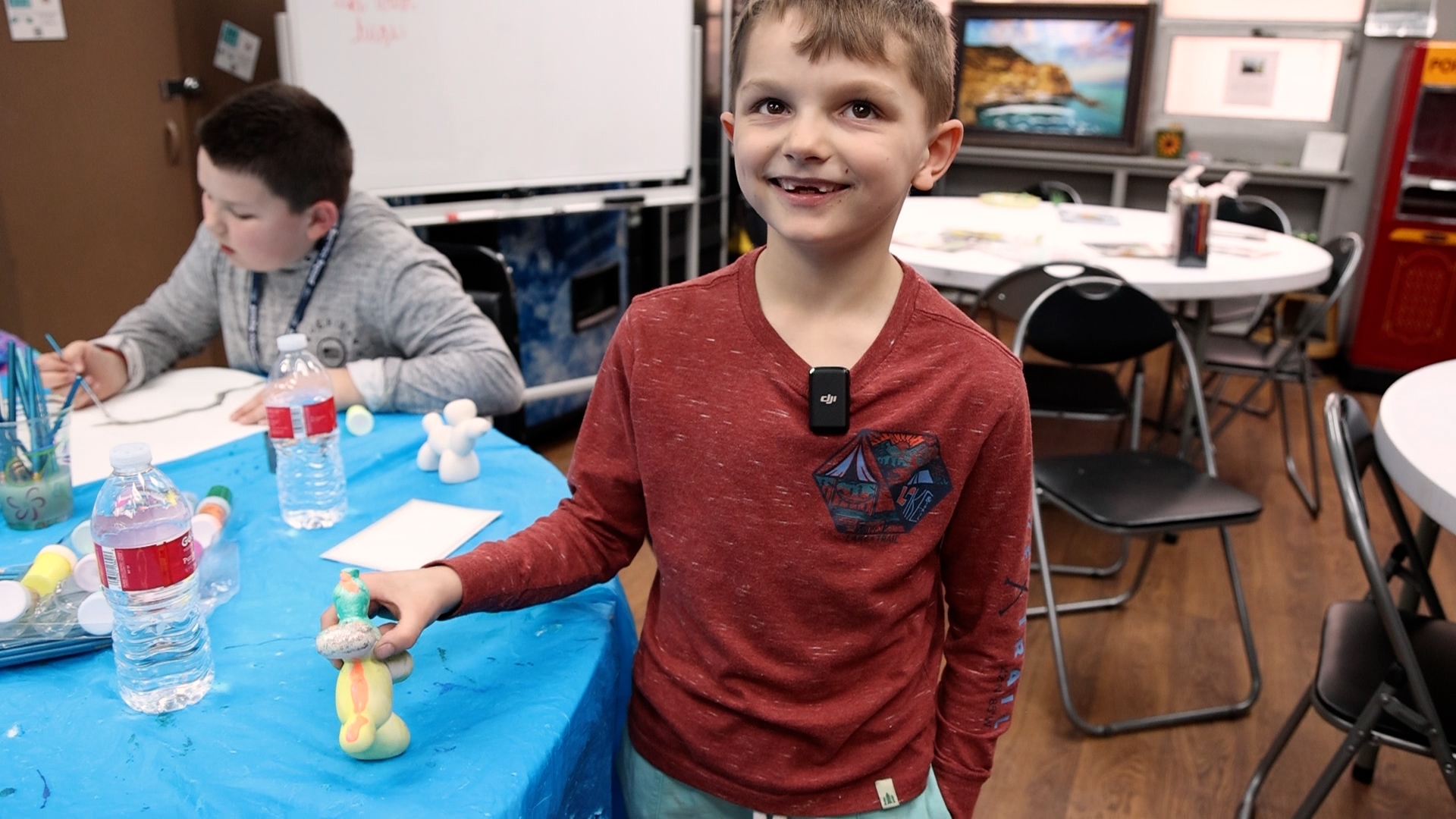
“In the 35 years of my career, I have never experienced such rapid change and so many moving parts,” Debbie Brinson, CEO of Honor Community Health, said about the COVID-19 pandemic. “But we are navigating the panic thanks to the generosity and a timely response from The Children’s Foundation. With help from The Foundation, we can continue to make sure our patients feel safe, heard and empowered at a time when they need it the most.”
Honor Community Health (Honor) is a community health center with 16 locations throughout Oakland County, Mich., eight being inside school buildings. Regardless of income or insurance status, the organization provides high quality health services to vulnerable children and families with little or no access to health care.
Early in the evolution of the Coronavirus crisis, Honor decided to centralize services and close select locations. This was done to keep patients safe at home and to stop the spread of infection; they are currently providing in-person visits at two locations.
However, children and families still have health issues and the population the center serves relies particularly on its mental health services – services that have become even more essential during a time of uncertainty.
“When your financial structure is based on encounter rates, or patient visits, and a pandemic hits causing weekly visits to decrease by 60%, you’ve got to think quickly about how you will afford to provide care and continue serving patients.” said Scott Stewart, Partnership & Development Manager at Honor Community Health. “The Children’s Foundation was proactive, coming in at the perfect time to help us adjust our practice model so we can continue serving our patients.
Changing their delivery model to telehealth seemed inevitable but it wasn’t necessarily something Honor had planned to do within the year, let alone within hours. Nevertheless, they reviewed their financial plan and shifted funds between line items, but it still wouldn’t be enough.
And then Brinson got a call. It was from The Children’s Foundation checking on their partners to see how they could help with immediate needs. An emergency grant for $10,000 would enable Honor to continue providing care to the community.
“First, we purchased softphone software to establish a triage hotline for patients,” Brinson said. “The line is staffed by nurses who can address symptoms and needs, provide resources or schedule for necessary in-person or telehealth appointments.”
Yes, telehealth – which they could now provide because emergency grant would cover expenses for equipment and software. And as a result, the number of visits increased. In-patient appointments are exclusive to urgent needs or time-sensitive vaccinations for young children when it is safe to come to centers, but the rest of the appointments are facilitated virtually.
“It’s going well,” Brinson said. “We are being challenged as we adjust to a new practice model, but patients are understanding and grateful that they can still receive services while staying safe at home. Thank you to The Children’s Foundation for giving us the resources and opportunity to do this.”





